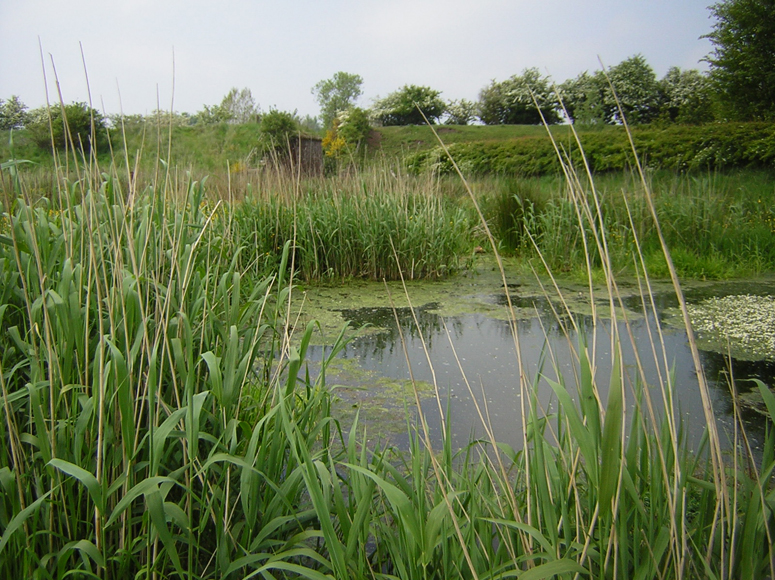
Agricultural News
Wetlands Remain an Important Part of the Oklahoma Ecosystem
Thu, 30 Jul 2015 08:44:48 CDT
 They have been there all along, but the stretch of consecutive years of intense drought left much of Oklahoma's wetlands dry.
They have been there all along, but the stretch of consecutive years of intense drought left much of Oklahoma's wetlands dry.
Just because they did not have standing water in them at the time, they were and still are wetlands, said Oklahoma State University Department of Natural Resource Ecology and Management Professor and Bollenbach Wildlife Chair, Craig Davis.
"The rain much of the state has received this year has done wonders for the wetlands we still have," he said. "Even though we've lost 60 percent to 70 percent of our wetlands since statehood, the remainder serve many purposes."
Oftentimes people think of mosquito-infested swampland when they hear the word wetlands. However, that is a misconception as these dynamic systems provide so much more.
"The ability to retain floodwaters is one of the major benefits of wetlands," Davis said. "As we continue to develop areas along rivers and coastal areas, we lose a great buffer against major storm surges that wetlands provide."
As recently seen in Oklahoma, the excess water that would have been captured and slowed by wetlands, oftentimes results in significant flooding in some regions.
Protection of existing wetlands and restoration of wetlands can assist landowners with reducing the impacts of devastating floods. Additionally, landowners in Oklahoma may find other benefits from wetlands on their property.
"These areas are great for filtering contaminants and pollutants from water runoff," Davis said. "There is a lot of fertilizer runoff which could be captured in wetlands, rather than running down stream and eventually flowing into the Mississippi River, where these excessive nutrients contribute to the expanding dead zone at the mouth of the river."
Wetlands also can recharge aquifers and leave farmers with far less earth to drill through to find groundwater. The standing water is a necessity for migratory birds, as well.
"I think of wetlands as refueling stations for birds migrating from South America up to the Arctic," Davis said. "The wetlands provide food and fuel for a host of waterbirds, including shorebirds and waterfowl. Simply leaving wetlands on your property creates a great amount of biodiversity whether the wetland is wet or dry. Additionally, these wetlands can provide birdwatching and hunting opportunities for landowners. In fact, many landowners will lease their wetlands to waterfowl hunters"
WebReadyTM Powered by WireReady® NSI
Top Agricultural News
More Headlines...



















